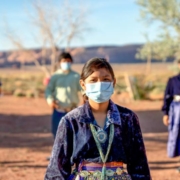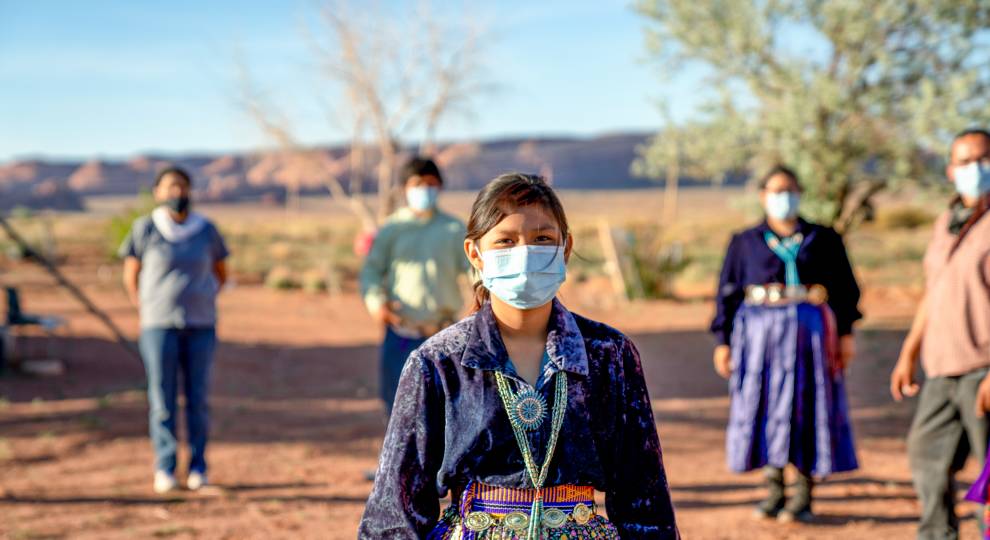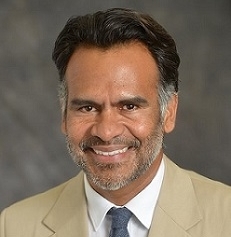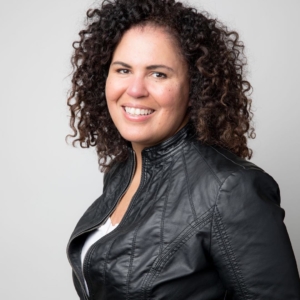UCLA Political Scientist and Race, Ethnicity, and Politics expert Dr. Natalie Masuoka discusses how changing demographics have affected the last elections. She describes how Asian American and Latino voters are advocating for their communities and are involved at the local, state and national levels. She also gives us some insight into how these voters may impact the presidential election this November.
00:00 – Intro
00:55 – How are the growing demographics of Latino & Asian Americans affecting elections?
01:38 – What are some specific issues Latinos and Asian Americans are advocating for?
03:10 – Barriers to voting
04:18 – What are political parties doing to incorporate Latino & Asian American voters?
06:00 – Data on how these communities are affecting state, local, and national elections
08:23 – Projections on how these voters will make a difference in the 2020 presidential election
09:33 – Closing
To learn more about Dr. Masuoka‘s research, check out a recent report by the Latino Policy & Politics Initiative (LPPI) and the Asian American Studies Center titled “Democratic Primary 2020: Analysis of Latino and Asian American Voting in 10 States” (June 2020). This ten state analysis of high density Latino and Asian American voting precincts offer valuable insights into the preferences and participation of these electorates going into the November election. Among those states in which we have data, the Latino and Asian American electorates did not grow significantly when comparing ballots cast between the 2016 and 2020 primary elections. The exception to this pattern was among high density Asian American precincts in Texas where the growth of new voters was strong. While the COVID-19 pandemic may partially explain the slow growth of voters, it does suggest that the Democratic party can do more to mobilize Latino and Asian American voters for the general election. Given the fact that Vice President Biden is the presumptive Democratic nominee when Latino and Asian American voters had offered strong support for Sanders in state primaries, Democrats will need to make solid efforts to encourage Latino and Asian American voters to turn out in November. To read the full report, click HERE.
Subscribe to LA Social Science and be the first to learn more insight and knowledge from UCLA social science experts in upcoming video/audio sessions and posts about current issues.

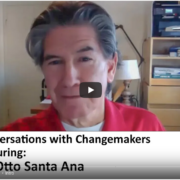
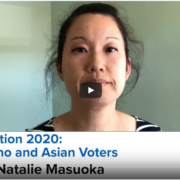
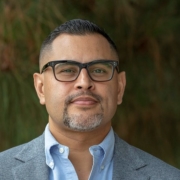
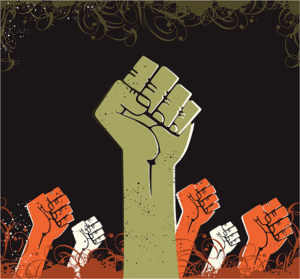
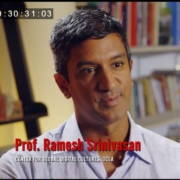
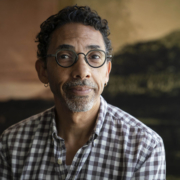
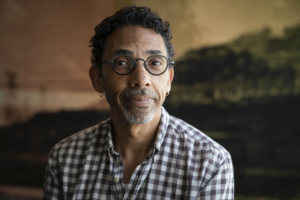
 MicroOne/Adobe Stock
MicroOne/Adobe Stock
